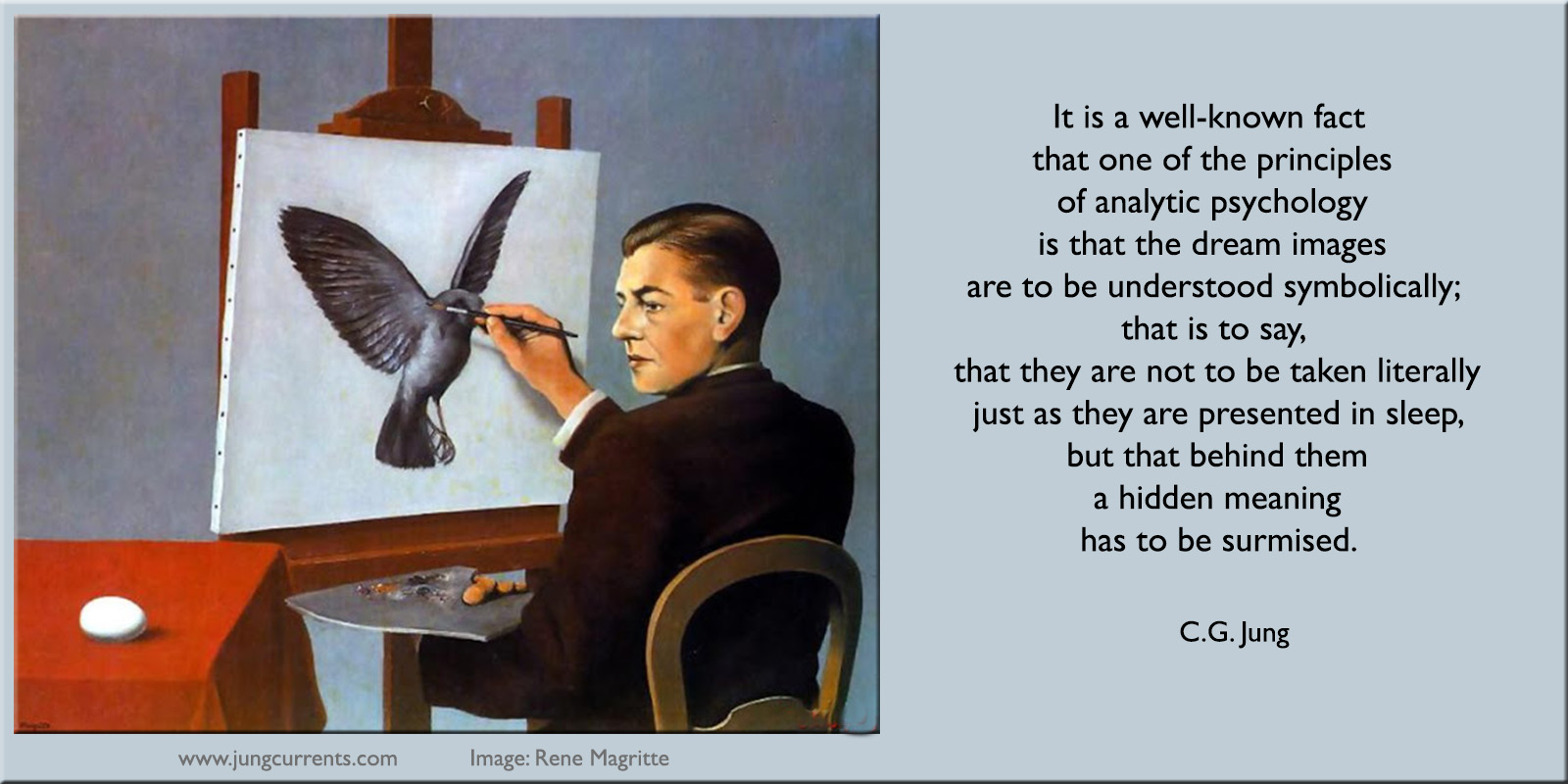Revealing the Astonishing Secrets Behind Dream Symbols and Hidden Meanings!

Dreams fascinate and captivate us. They are our mind’s way of communicating. But have you ever stopped to ponder the meanings and symbols behind your dreams? The answers may be found in your subconscious. In this article, we will explore dream interpretations and uncover the hidden messages in your dreams. Get ready to uncover the enigmatic messages within your dreams. Trust me, you won’t want to wake up from this.
The Significance of Dreams

Dreams play a significant role in human culture, captivating people throughout history with their mysterious nature and hidden meanings. They reflect the subconscious mind, revealing our deepest desires, fears, and emotions. Rich in symbolism, dreams offer insights not immediately apparent in waking life.
Dreams serve as a means of communication between the conscious and unconscious mind, enabling us to access our intuition and gain a greater self-awareness. They provide valuable guidance and messages from our innermost being, playing a vital role in our personal growth and self-discovery.
The interpretation of dreams varies depending on individual experiences and cultural beliefs, but their significance persists throughout different cultures and time. Whether viewed from psychological, spiritual, or symbolic perspectives, dreams hold a powerful role in our lives, providing opportunities for reflection, introspection, and self-awareness. Exploring our dreams allows us to connect with our inner world, accessing a source of creativity, healing, and personal change.
Exploring Dreams as Symbols

Dreams hold allure for those seeking insights into their subconscious. Cultures assign meanings and interpretations to dream symbols, believing they reveal hidden truths or portend the future. Through analyzing dream symbols, we can better grasp our inner selves and decipher the messages our minds convey.
Symbols in dreams can have both universal and personal meanings. For example, water often symbolizes emotions, representing the range of feelings we experience throughout our lives. In a dream, calm and peaceful water may suggest well-being and tranquility, while turbulent or murky water may indicate inner turmoil or unresolved issues. However, the personal significance of water in a dream can vary depending on an individual’s experiences and relationships.
Deciphering hidden meanings in dreams can be done by keeping a dream journal. Writing down our dreams upon waking helps us remember details and symbols. Over time, patterns may emerge, connecting symbols or themes to events or emotions in our waking lives. For example, consistently dreaming about losing teeth could indicate insecurity or powerlessness in our personal or professional lives.
To further explore dream symbolism, let’s examine a table of common symbols and interpretations:
Symbol Interpretations
Flying Freedom, desire for liberation
Snake Hidden fears, deception
Falling Insecurity, lack of control
Passion sparks transformation and a house symbolizes one’s inner state. These interpretations are a starting point, as dream symbolism is subjective. Just as each dreamer is unique, so are the meanings attached to dreams. By exploring dreams as symbols, we can gain insights into ourselves and our subconscious minds.
How to Remember Your Dreams

Dreams can provide valuable insights and guidance, like pieces of a puzzle that help us understand ourselves better. But what good are those dreams if we can’t even remember them?
Enhancing dream recall is an important step in interpreting dreams. Here are some tips to improve dream memory:
1. Maintain a dream journal. Write down dreams immediately upon waking, even if they are fragments. Over time, this practice trains the brain to remember more details.
2. Intentionally strive to remember dreams. Before falling asleep, set the intention to recall dreams. This simple act has a powerful impact on the subconscious mind.
3. Establish a bedtime routine that helps you relax and prepare for sleep. Your mind is more receptive to dream recall when you are relaxed.
4. Try to wake up without an alarm if possible. This allows you to wake up during REM sleep, when most dreams occur.
5. When you wake up, resist the urge to move quickly. Instead, lie still and try to recall any images or feelings from your dream. Embrace a few moments of stillness to facilitate dream recall.
Following these tips can improve your dream recollection skills. Be patient and consistent as dream recall is a skill that develops with time. Remembering your dreams brings you closer to understanding their hidden symbolism and significance.
Techniques for Better Dream Recall

If you struggle with remembering dreams, try techniques to improve recall. Keeping a dream journal is effective. Keep a notebook and pen next to your bed and write down dreams immediately upon waking. This solidifies details in memory and enhances recall over time. Another technique is setting an intention before sleep. Repeat to yourself that you want to remember dreams upon waking, programming your subconscious mind. This simple but powerful method greatly improves dream recall.
In addition, practicing better sleep hygiene can contribute to better dream recall. This includes getting enough sleep and minimizing disruptions at night. When your sleep is more restful and uninterrupted, you are more likely to remember your dreams upon waking up.
Lastly, paying attention to your dreams upon waking up can help with dream recall. Reflecting on your dreams and jotting down any fragments or feelings you can remember can increase your chances of retaining more of the dream’s details later on.
Utilizing these techniques can enhance your dream recall abilities and enable you to explore the hidden meanings and symbols within your dreams. With practice and persistence, you can better remember and interpret your dreams, unlocking their deeper significance.
Conclusion: Techniques for Dream Interpretation

Delving into the world of dream interpretation grants insights into hidden meanings, symbols, and subconscious messages. By applying techniques, you gain the power to uncover profound wisdom in your dreams. Keeping a dream journal is a key method. Recording dream details reveals patterns and themes, connecting the dots and identifying recurring symbols with significance. Your journal becomes a personal library of insight, guiding you toward deeper understanding.
You have also explored the power of imagery in dream interpretation. Symbols like water, animals, or numbers carry unique meanings to each individual. By examining the emotional context and personal associations tied to these symbols, you unlock understanding and gain insight into your desires, fears, and unresolved issues.
Furthermore, contemplating the narrative structure of your dreams reveals valuable clues about your current state of mind, beliefs, and relationships. Recognizing the dream’s beginning, progression, and resolution can open doors to self-reflection and personal growth. Exploring themes and narratives can facilitate self-reflection and personal growth.
Integrating these techniques into your life, remember that dream interpretation is a personal journey. No universal decoder exists, but your insights will guide you in uncovering the significance of your dreams. Take what you have learned and apply it to your dreams. Reflect on your dreams daily, keep a dream journal, and explore the symbols and motifs in your subconscious. By engaging in this process, you open the door to self-discovery and personal transformation.
Your dreams hold valuable insights into your deepest desires and fears. Embrace their wisdom by deciphering their symbols, patterns, and narratives. Discover hidden truths and see how your understanding of yourself expands.


